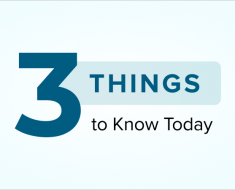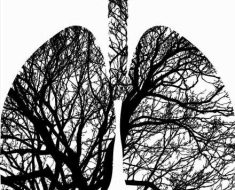
Alcohol use disorder (AUD), a chronic condition, is characterized by a person’s inability to “stop or control alcohol use despite adverse social, occupational, or health consequences.”
AUB reportedly affects around 15 million adults in the United States and over 620,000 adolescents aged 12–17.
Its symptoms may be either mild or severe, and there are several factors that raise the risk of AUD. These include family history, social pressure, and stress.
New research suggests that experiencing anxiety during a hangover might also indicate whether a person is more likely to develop AUD — at least if that person is an introvert.
Beth Marsh — currently a research assistant in the Department of Clinical, Educational, and Health Psychology at University College London in the United Kingdom — is the first author of the study, which now appears in the journal Personality and Individual Differences.

Is ‘hangxiety’ a marker of AUD risk?
Using a naturalistic study setup, Marsh and colleagues spoke to 97 participants, asking half of them to continue to drink alcohol normally and half of them to stay sober. The researchers tested the participants’ alcohol levels at home.
Marsh and her team also measured the participants’ shyness levels, their levels of social phobia, and their symptoms of AUD.

The scientists also measured the participants’ state anxiety levels at baseline, after they had asked the volunteers to either drink normally or to remain sober, and finally once more the following morning.
The study revealed that people who were “highly shy” experienced a “significant increase” in anxiety the day after drinking.
Also, the scientists found a significant link between high levels of anxiety the next day and AUD symptoms in highly shy individuals, as measured by AUDIT scores. Marsh and team explain:
“This study suggests anxiety during hangover is linked to AUD symptoms in highly shy individuals, providing a potential marker for increased AUD risk, which could inform prevention and treatment.”

Accepting shyness may help prevent AUD
Study co-author Celia Morgan, a professor of psychopharmacology at the University of Exeter in the U.K., also comments on the findings.
She explains, “We know that many people drink to ease anxiety felt in social situations, but this research suggests that this might have rebound consequences the next day, with more shy individuals more likely to experience this, sometimes debilitating, aspect of hangover.”
Prof. Morgan continues, “These findings also suggest that ‘hangxiety,’ in turn, might be linked to people’s chance of developing a problem with alcohol.”
Marsh chimes in, adding, “[W]hile statistics show that, overall, people are drinking less, those with lower levels of health and well-being — perhaps including people experiencing anxiety — are still often doing so.”
Prof. Morgan posits that accepting one’s individual personality traits could prevent developing an addiction.
“It’s about accepting being shy or an introvert. This might help transition people away from heavy alcohol use. It’s a positive trait. It’s OK to be quiet.”
Source: Read Full Article





